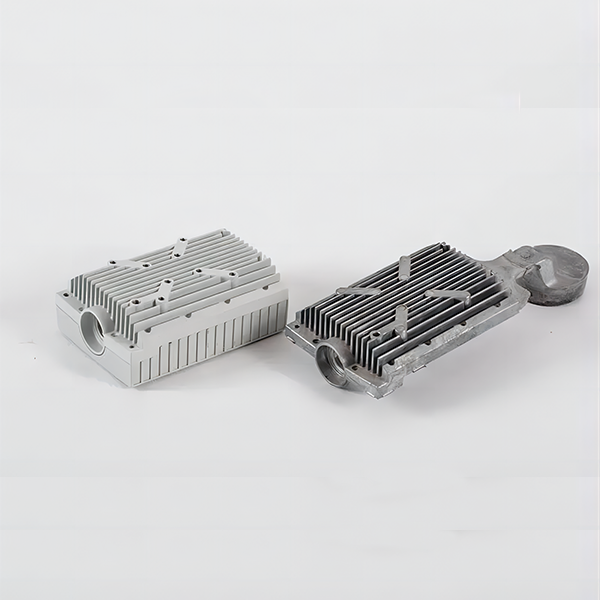Guangdong Kingrun Technology Corporation Aluminum die casting enclosures have become popular in various industries due to their exceptional qualities and benefits. This manufacturing process involves injecting molten aluminum into a mold to create high-quality and precision components. The resulting products, such as electronic enclosures, are known for their durability, lightweight, and excellent thermal conductivity. Let’s explore the advantages of using aluminum die casting enclosures in different applications.
High Strength and Durability
One of the foremost advantages of aluminum die casting enclosures is their high strength and durability. Aluminum is a robust metal with excellent mechanical properties, making it suitable for harsh industrial environments. These enclosures can withstand extreme temperatures, moisture, and corrosive substances, ensuring the protection and safety of the components inside them. Additionally, the die casting process allows for intricate designs and complex shapes, providing ample protection for sensitive electronic equipment.
Excellent Thermal Conductivity
Aluminum boasts exceptional thermal conductivity, which is a crucial factor in electronic enclosures. The ability to dissipate heat effectively is essential in preventing overheating and ensuring the longevity of electronic components. Aluminum die casting enclosures are capable of efficiently transferring heat away from the enclosed devices, thereby maintaining optimal operating temperatures. This feature is particularly beneficial in applications where heat management is critical, such as in the automotive and telecommunications industries.
Lightweight Design
Despite its remarkable strength, aluminum is also incredibly lightweight. This characteristic is advantageous in industries where weight reduction is a priority, such as aerospace and consumer electronics. Aluminum die casting enclosures offer a lightweight yet robust solution for housing electronic components without adding unnecessary bulk or weight to the overall product. This can lead to improved fuel efficiency in transportation applications and enhanced portability in consumer electronics.
Cost-Effectiveness
The die casting process allows for the production of complex aluminum enclosures with minimal waste and high material utilization. This results in cost-effective manufacturing, as it reduces material expenses and minimizes post-production machining requirements. Additionally, the high dimensional accuracy of die-cast parts eliminates the need for additional finishing processes, further lowering production costs. As a result, aluminum die casting enclosures offer a cost-effective solution for companies seeking high-quality, durable, and precise housing for their electronic devices.
Design Flexibility
Aluminum die casting offers immense design flexibility, enabling the creation of custom enclosures tailored to specific application requirements. With the ability to produce intricate shapes, smooth surfaces, and thin walls, die-cast aluminum enclosures can be designed to optimize space utilization and accommodate various mounting options. This flexibility allows for the integration of additional features, such as EMI shielding, gasket sealing, and custom interfaces, to meet the unique needs of different electronic devices.
The use of aluminum die casting enclosures provides numerous advantages, including high strength, excellent thermal conductivity, lightweight design, cost-effectiveness, and design flexibility. These qualities make aluminum die casting enclosures an ideal choice for housing sensitive electronic components in a wide range of industries. As technology continues to advance, the demand for efficient and reliable electronic enclosures will undoubtedly grow, further emphasizing the importance of utilizing aluminum die casting in enclosure manufacturing.
Post time: Dec-04-2023












